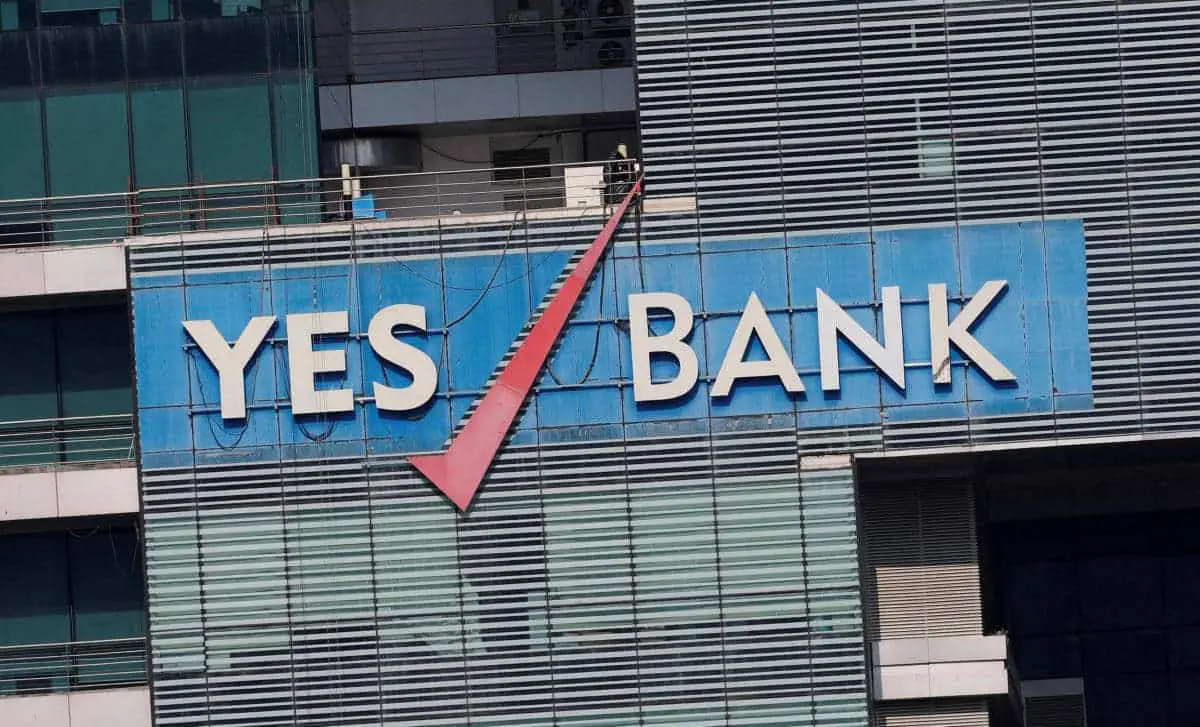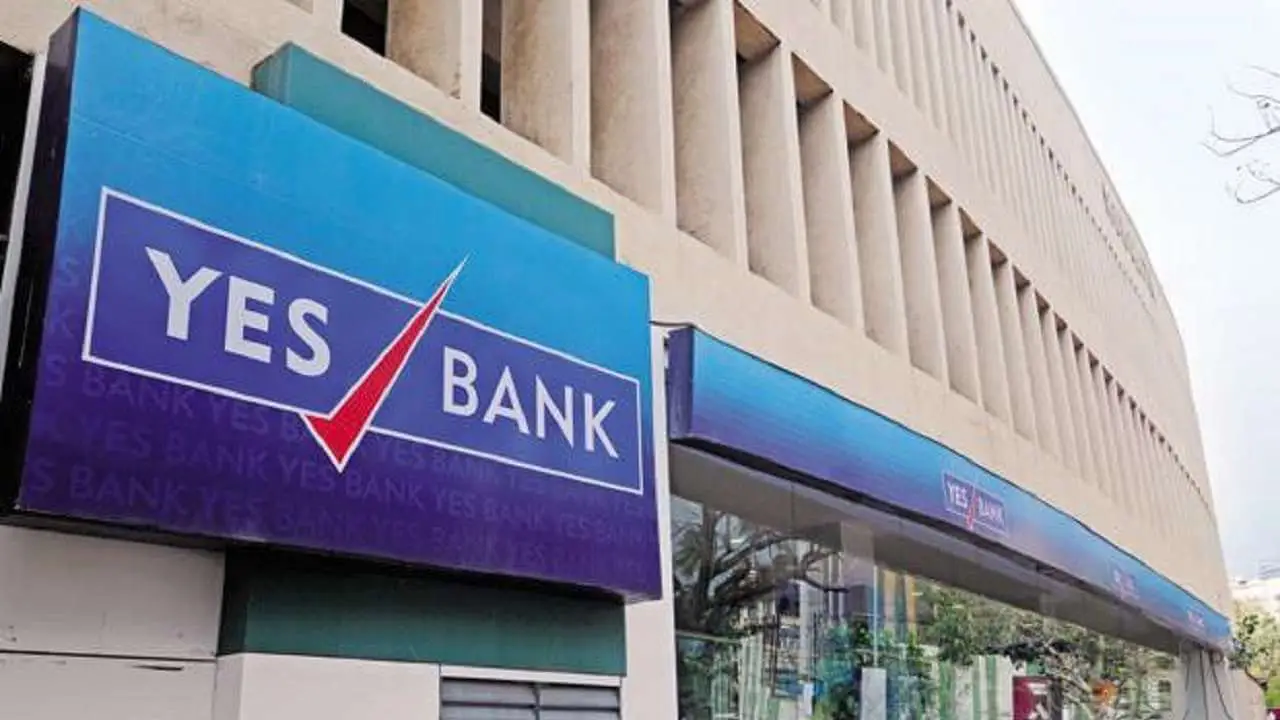When it comes to banking in India, the entire space is largely dominated by huge and bloated public sector bank, which are majority owned by the Government of India. Over the years, a handful of private banks have cropped up and Yes Bank remains one of the success stories within that space. Founded in 2004, the bank has gone from strength to strength over the past decade or so but now finds itself in a bit of soup as a quarterly shock loss, exposure to bad loans and management turmoil has sent the Yes Bank stock into a meltdown. It has been downgraded by almost all brokerages as well, and Macquarie Research took the unprecedented step of actually issuing a double downgrade on the stock. Despite all the downgrades, the investors had already started dumping the stock, and the shares slid alarmingly in today’s trading.
The Yes Bank shares went into a meltdown this morning after the markets reopened on Tuesday and reacted to the bank’s quarterly report that was published on Friday. The shares were in the red by as much 30% and remain one of the biggest losses for the bank in around a year. The biggest problem for the bank is its ballooning bad debt problem, and it has also emerged that it has significant exposure to Jet Airways, the private airline that had to stop its operations indefinitely due to its debt burden. Until a year ago, Yes Bank had Rs. 4 billion as the provision for bad loans in its books, but in the latest quarter that figure went up around 9 times and now stands at Rs. 36.62 billion. For any investor, it cannot be a pretty reading, and it is not a surprise that the stock is being dumped.
For many years, Yes Bank had been one of the best performing bank stocks in the Indian market and the recent reversal has come as a huge shock for both investors as well as analysts. It is interesting to note that Macquarie had earlier classified the stock under ‘Outperform’ but has not revised their position significantly. An analyst at Macquarie said, “We must eat humble pie today and admit we underestimated risks in structured finance. We got the call wrong.” It remains to be seen how the bank can turn the whole thing around, but it goes without saying that it will take a few quarters.















Leave a Reply